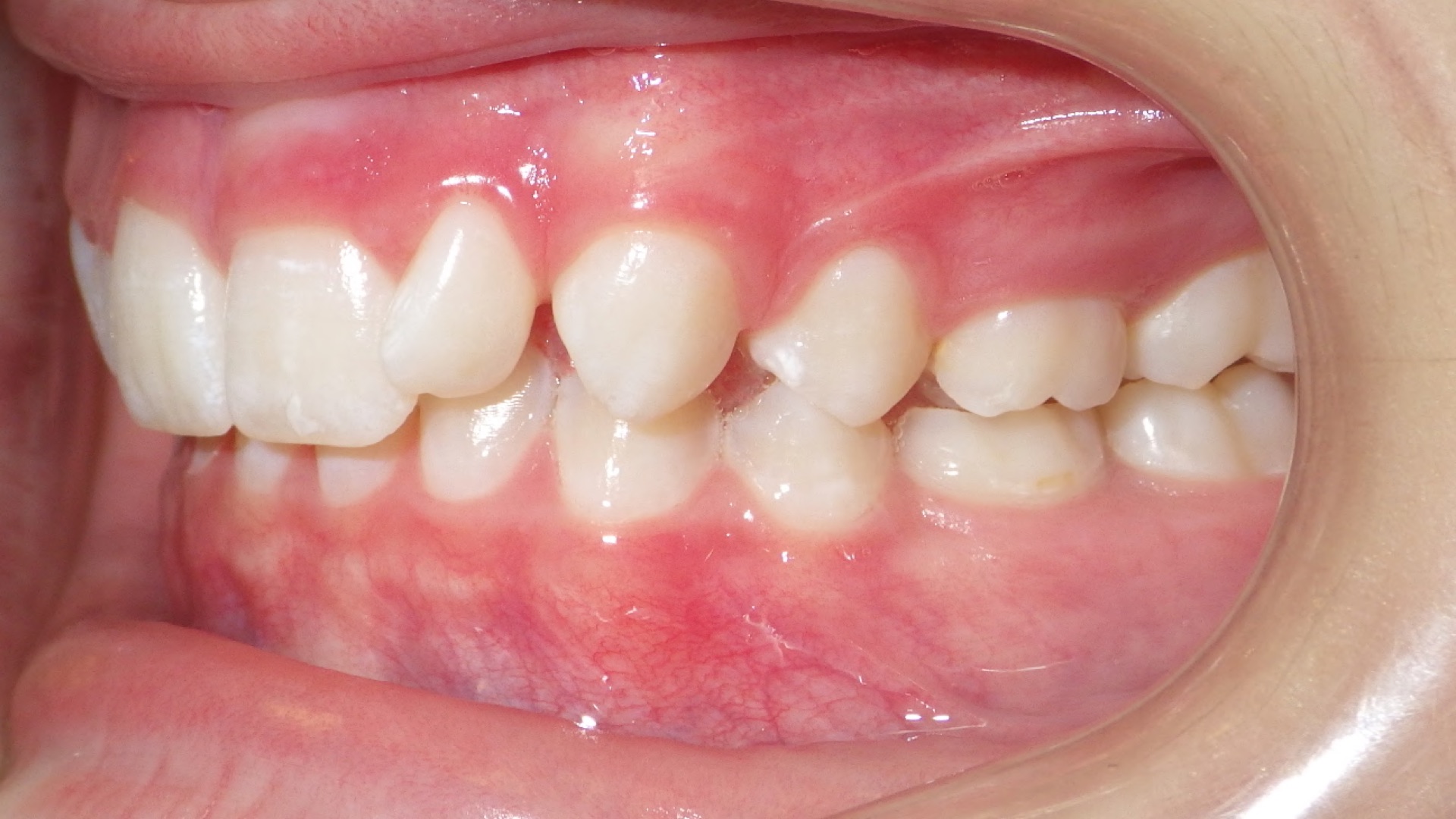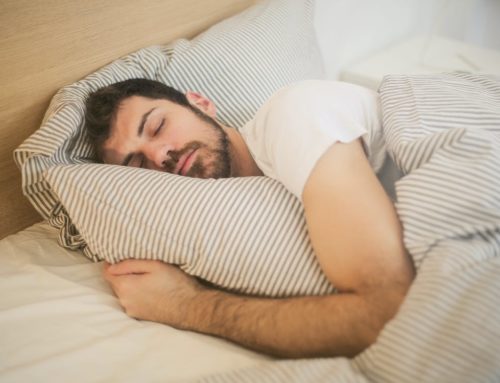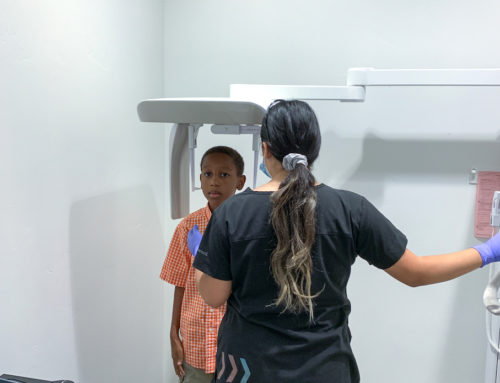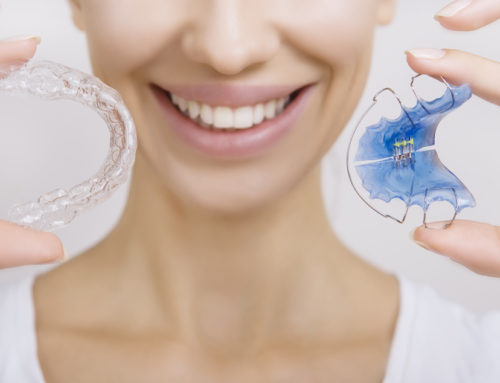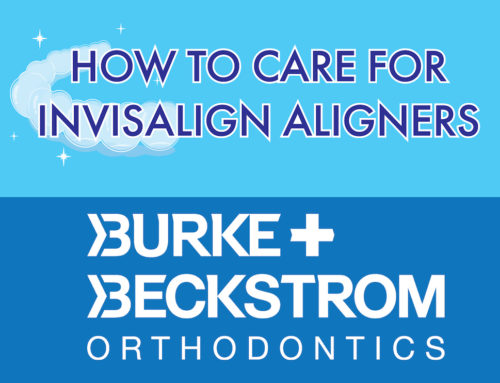What Makes Teeth Shift?
Shifting teeth are a cause of concern as they affect your beautiful smile. Moreover, they can cause occasional discomfort and hinder daily oral activities such as chewing, biting, licking, etc. The human body constantly goes through different changes, which also include changes to the teeth.
Noticing that your teeth are moving from their position and angle can be terrifying for some people. Some may consider it an aging factor as the tissues start to loosen up and lack firmness. However, it could be because of an underlying medical condition.
And while the aging factor is true, there are other reasons behind shifting teeth. Understanding certain processes and the causes of several oral problems can help you maintain proper hygiene and care.
Does Tooth Extraction Cause Teeth Shift?
It is common for a tooth (or teeth) to shift after one or more tooth extractions. In general, when a certain tooth leaves its space in your jawbone, the other teeth may start to shift. Eventually, teeth look misaligned, leading to oral health issues.
Despite that, the risk of teeth shifting is higher not when you get a wisdom tooth extracted but with incisors and canines. However, in order to avoid such a problem, your dental surgeon may suggest bridges or dental implants to fill the gap left after extraction.
Why Do the Teeth Shift?
Did you know that simply touching your teeth with your tongue and talking with slightly more push can lead to a slight shift in the position of your teeth? Actually, your teeth are under pressure throughout the day.
Even smiling, coughing, and sneezing can lead to pressure on your teeth which can cause a shift in their angular positions. Apart from these minor stressors, other reasons that can lead to teeth shift as a person ages include.
-
Bruxism and Teeth Grinding
Grinding teeth as an expression of excitement or anger can cause extensive pressure on the teeth. It can potentially lead to a shift in your teeth over time and hence the term “bruxism.” Moreover, it is a common cause of wear and weakening of the teeth
In a survey including nearly 6,000 people, over 8 percent reported grinding their teeth in sleep. Additionally, at least 30% of adults in a survey from 2013 stated that they experience bruxism while awake.
-
Periodontal Disease (Gum Disease)
Gum diseases can lead to the weakening of teeth in your jawbone. They can cause infections which can in turn damage the strength and mass of the tooth as well as gums. Thus, shifting in the teeth can occur.
-
Jawbone Development and Growth
This is one of the highly common causes of teeth shifting, especially in aging people. As the body is constantly changing, teeth also develop. Further, jawbones tend to grow throughout the lifetime of a human. Therefore, the upward and outward growth of the jawbone can exert pressure on the position of teeth, causing them to shift.
Conclusion
Are you worried about your shifting teeth? Are the shifting teeth affecting your smile? At Burke and Beckstrom Orthodontics, we can cater to all your teeth and jaw alignment needs. We offer treatments and care for a variety of oral and dental disorders.
Contact us through our official website and ring us at the call center nearest to your region for more info.
Reference Links:
https://bit.ly/3d7W1hb
https://bit.ly/3j9wPL4
https://bit.ly/3j66PjN
https://bit.ly/35LGPSR
https://bit.ly/3xYSlXl
https://wb.md/3qmwZQJ
